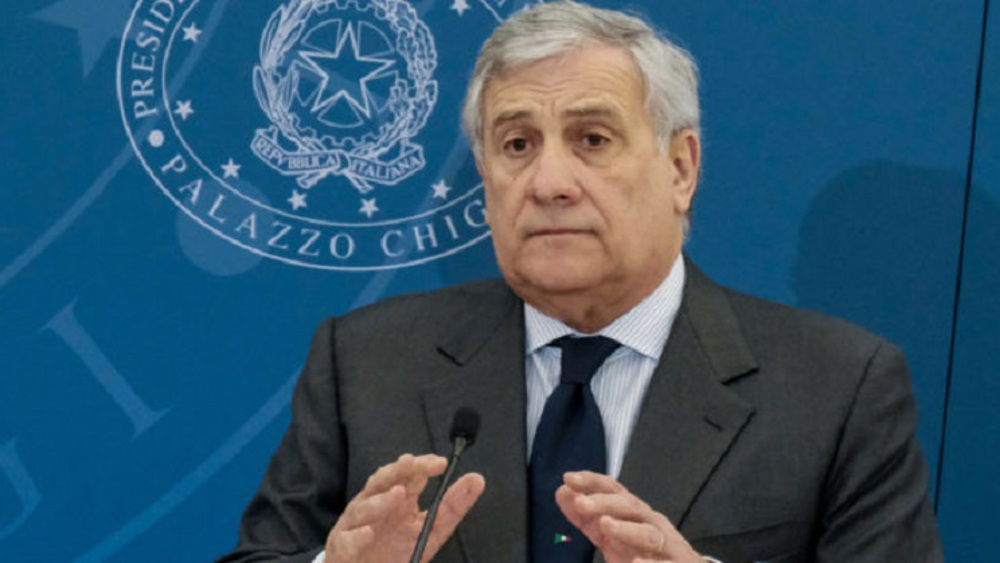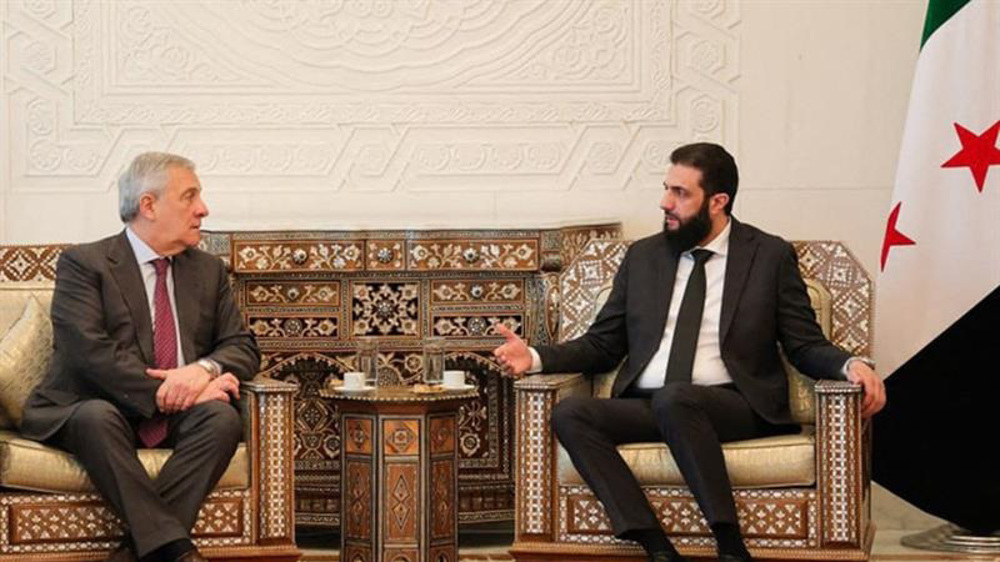Merkel says EU-Turkey deal on refugee crisis will have setbacks
German Chancellor Angela Merkel says the deal between the European Union and Turkey on the refugee crisis is not foolproof and will have its setbacks.
Merkel said Friday she has no illusions on the refugee deal and knows it will face legal challenges.
She also said the deal will send a "clear message" to dissuade would-be refugees heading towards the EU.
"Anyone who sets out on this dangerous route not only risks his life, but also has no prospect of success," Merkel said.
Through this deal, she said, European leaders hope to target human smugglers’ business model and swiftly put an end to this irregular phenomenon.
"The upshot of today is that Europe will manage to survive" the refugee crisis, she said.
Earlier, Finland's Prime Minister Juha Sipila said European Union leaders have approved the deal with Turkey.
"The Turkey deal was approved," Sipila said on Twitter on Friday.
The deal will stop the massive exodus of refugees into the EU.
Turkish Prime Minister Ahmet Davutoglu and European Council President Donald Tusk had been hammering out the details of deal in Brussels on Friday.
Under the deal, Turkey will be obliged to accept all refugees deported from Greece.
Czech Prime Minister Bohuslav Sobotka said all refugees arriving in Greece from Turkey from Sunday will be sent back as part of the deal reached on Friday.
“Deal with Turkey approved. All illegal migrants who reach Greece from Turkey as of March 20 will be returned!” Sobotka wrote on Twitter.

Refugees need protection: UNHCR
After the deal was signed, the UN refugee agency stressed the fact that the people who are fleeing war and persecution were in dire need of state protection.
UNHCR expressed concern over the agreement, saying the accord clarifies some issues while its correct implementation still remains a crucial point.
The agency also said Greece’s system for assessing asylum seekers needed to be strengthened.
Refugees who are returned to Turkey must have a "fair and proper” assessment of their asylum claims within a reasonable time, with no risk of deportation, said UNHCR.
The agency said applicants in Greece should have "the right to appeal before any readmission to Turkey."
But the deal comes at a heavy cost for Europe with many members of the 28-nation bloc expressing dissatisfaction, already.
Czech President Milos Zeman slammed Ankara on Tuesday for what he called blackmailing the European Union for demanding money in return for taking care of the EU’s refugee crisis.
“The EU's original proposal to Turkey was for three billion euros, now Turkey is asking six billion euros and there is talk... of about up to 20 billion euros,” Zeman said.
“… people like me call that blackmail,” the Czech president said.
Some EU members have also raised concerns over Turkey’s harsh crackdown on opposition and dissidents, including the Kurds, academics and journalists.
Critics say Ankara is using the EU refugee crisis as a platform, not only to get money, but also, to make a fresh push on talks over Turkey's membership in the EU and visa-free travel for Turks to Europe's Schengen states.
Meanwhile, Davutoglu told reporters on Friday as he arrived for the summit that “ the refugee issue is not an issue of bargaining but an issue of values, humanitarian values” for Turkey.
In Turkey, President Recep Tayyip Erdogan blasted EU states for their “shameful” record in hosting refugees.
"At a time when Turkey is hosting three million (refugees), those who are unable to find space for a handful of refugees, who in the middle of Europe keep these innocents in shameful conditions, must first to look at themselves."
Europe is facing a massive flow of refugees who are fleeing conflict-ridden zones in Africa and the Middle East, particularly Syria.
Many blame major European powers for the exodus, saying their policies have led to a surge in terrorism and war in Africa and the Middle East, forcing more people to flee their homes.
Hamas thanks Iran, Resistance Front following achievement of ceasefire in Gaza
'Capitulation': Israeli officials and media concede Gaza defeat as truce unfolds
'Gaza has won': Social media users react to ceasefire with mix of relief, joy
Iran seeks South Korea’s assistance for AI, fiber-optic projects
VIDEO | Iran's 'Eqtedar' (Power) maneuver
Israel hits HTS military target in Syria for 1st time since fall of Assad
VIDEO | Press TV's news headlines
Israel has slaughtered 13,000 students in Gaza, West Bank









 This makes it easy to access the Press TV website
This makes it easy to access the Press TV website